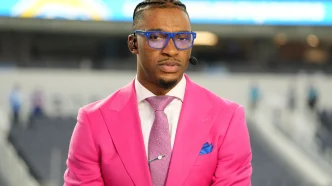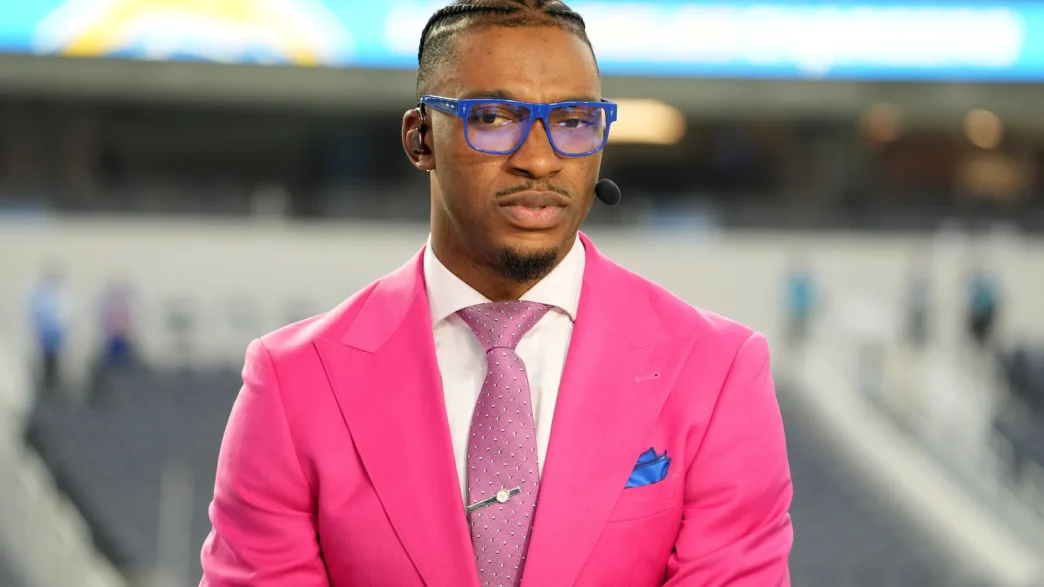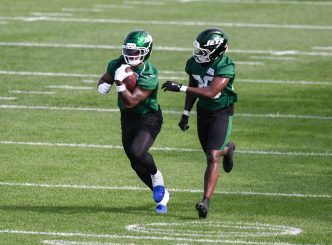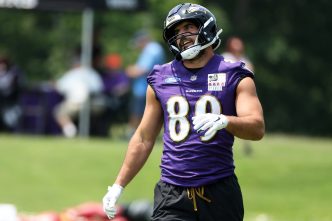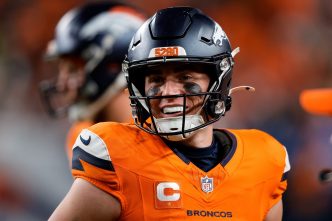Former NFL quarterback Robert Griffin III is finding himself in the midst of a heated debate regarding politics and sports, particularly in the wake of his comments related to the legacy of Jackie Robinson. After a segment on ESPN discussing the U.S. Department of Defense’s decision to remove an article honoring Robinson’s military service, Griffin expressed his concerns about the intersection of sports broadcasting and political discourse.
During a discussion on “Around the Horn,” analyst Mina Kimes highlighted the importance of fully recognizing Robinson’s legacy, but Griffin subsequently took to social media to argue that sports networks should focus exclusively on sports without delving into political matters. His remarks ignited a flurry of reactions online, with some accusing him of aligning himself with right-wing views. In response, Griffin doubled down, insisting that his primary message revolves around celebrating sporting achievements without politicizing them.
He stated, “Breaking the color barrier in baseball in itself is not political. Jesse Owens winning four Gold Medals was not political,” emphasizing that while these moments represent significant historical achievements, they should not become the fodder for political agendas in sports discussions.
In the latest episode of his podcast, Griffin revisited a notable moment from over a decade ago that has shaped public perceptions of his stance on these issues. He reflected on a now-infamous segment from “First Take,” where analyst Rob Parker questioned his racial identity and insinuated that his engagement to a white woman suggested a political alignment. Griffin noted, “It had nothing to do with sports. It had nothing to do with my performance on the field,” adding that this exchange has followed him throughout his professional life and influenced how people view him within the Black community.
Despite his efforts to clarify his stance, Griffin continues to face skepticism from social media users, with many still speculating about his political leanings. As he maintains his position that sports and politics should remain distinct, the question remains whether he will further elaborate on his views in the future. For Griffin, the goal seems clear: to keep the conversation around sports rooted in the game itself, rather than allowing it to be veiled in political discourse.

